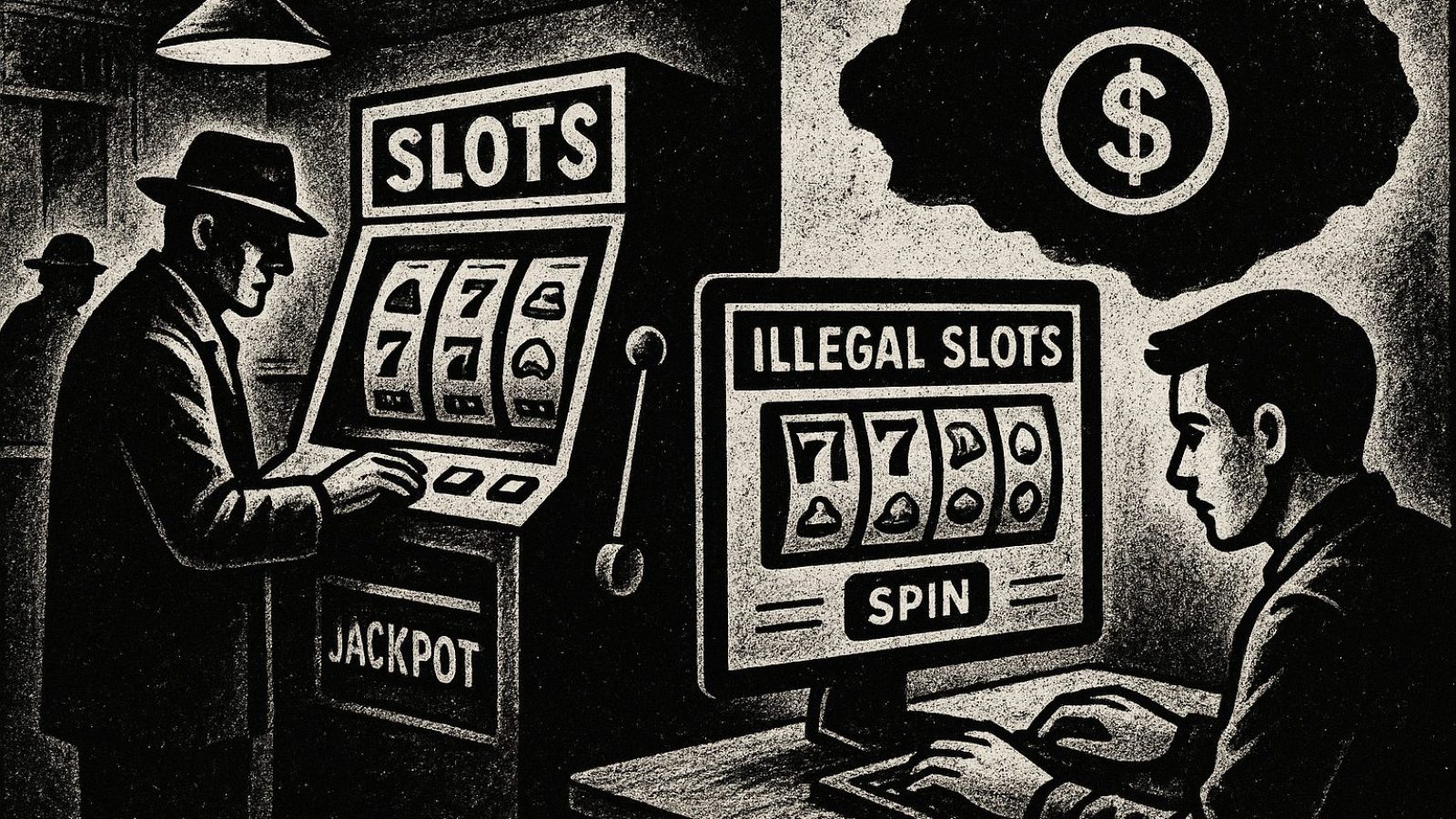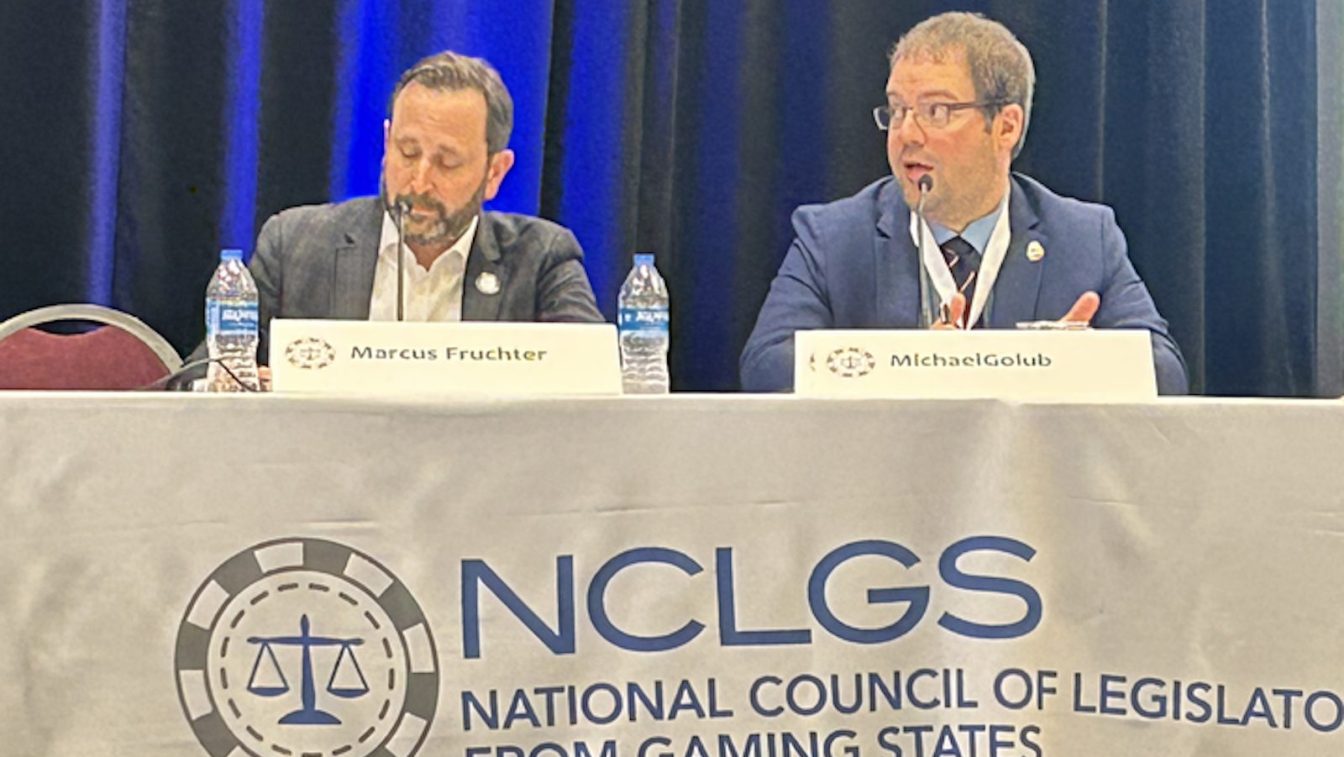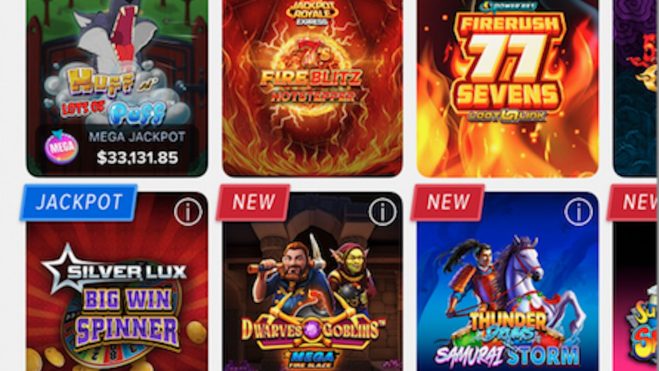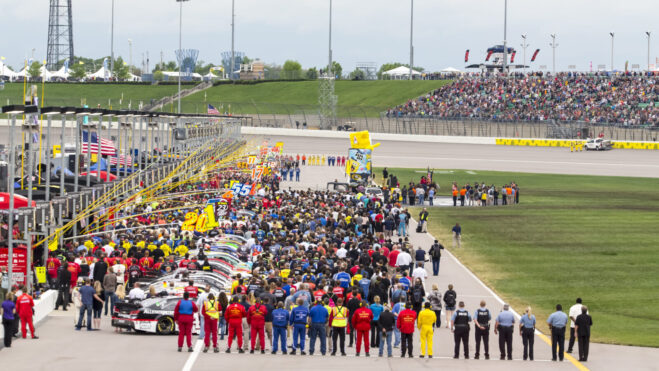Gambling’s Black Market Costing California, Florida Billions
Trade group report: Legal gambling has made gains, but popular unregulated options persist
5 min

Illegal gambling operators continue to siphon money out of two of the United States’ largest jurisdictions, even as a report released Wednesday by the American Gaming Association (AGA) noted that the growth of the regulated market has kept their national share in check since 2022.
The black market, notably, is costing California and Florida billions.
In California, where tribal gaming companies control Class III (Vegas-style) gambling, but sports betting and iCasino are not legal, illegal online casino sites, according to information gathered by the Innovation Group to produce the AGA study, was in 2024 a $2.6 billion business annually. That represented a 170% increase since 2022.
“To put that in perspective, that’s about the size of the size of the legal [online] Pennsylvania market,” Dave Forman, the vice president of research for the AGA, told Casino Reports.
Meanwhile in Florida: slots of trouble, fake Hard Rocks
In Florida, where the Seminole Tribe wields a monopoly on Class III gambling and sports betting through its six casinos — including two Hard Rock venues — illegal slot machines remain a scourge. Although the Florida Gaming Control Commission (FGCC) has ratcheted up efforts to shut down backroom and often well-advertised full-room gaming machine operations, an estimated 48,000 unregulated devices remain.
Consider: There are around 23,000 legal gambling machines at Seminole Gaming’s Florida properties, and at eight pari-mutuel parlors licensed by the state.
“So of all the machines in Florida, 68 percent are unregulated,” Forman said.
L. Carl Herold, director of law enforcement for the FGCC’s Division of Gaming Enforcement, told Casino Reports that more than 4,000 illegal slot machines and “significant cash” had been confiscated in Florida over the past year.
“These are not harmless games. They are unregulated, they offer no consumer protections, they have negative effects on communities, and they often operate hand in hand with other criminal activity,” he said in an email.
Illegal online casinos impersonating as extensions of actual retail casinos are also proliferating nationally. That trend has exploded in Florida, where the social media feeds of anyone searching for gambling-related material are buffeted by ads claiming to be either Hard Rock or Miccosukee tribe real-money products.
Online casino gambling is not legal in Florida, and Miccosukee isn’t compacted to offer even the retail type of gambling the fake ads are hustling for offshore online sites.
Illegal iGaming sites are pumping an estimated $3.9 billion annually from Florida, according to AGA research. According to Forbes, Hard Rock International produced $7.2 billion in revenue across its hospitality holdings in 2024.
“That’s a huge part of the illegal ecosystem,” Forman said of counterfeit casinos. “And it’s kind of a new thing. A lot of these sites are now stealing the [intellectual property] and the brands of legal operators and are presenting consumers with these, not just saying ‘Hey, we’re legal,’ but actually masquerading as well-known legal sites. And that’s kind of a new development that we’ve seen in a lot of the social media sites. We’re working with a lot of those sites and companies to try to crack down on that and to protect our members’ IP.”
The Miccosukee Tribe warned customers in July about impostor sites, adding that it was working with “legal counsel, digital monitoring partners, and regulatory authorities” to shut them down.
“These fake advertisements are misleading and potentially harmful to consumers,” Brad Rhines, Miccosukee Casino & Resort general manager, said in a statement. “Protecting the integrity of our brand and the trust of our guests is a top priority. We want to be clear — Miccosukee Casino & Resort does not operate any online gambling platforms.”
Herold said illegal sites trading off the likeness of real casinos “is deceptive at best and criminal at worst.”
“Florida’s approach is twofold,” he said. “We apply strong enforcement to shut down illegal operations, and we conduct public education to help people recognize and avoid them. We partner with local law enforcement, prosecutors, and other agencies across the state to make sure these operations are identified, disrupted, and prosecuted when appropriate.”… The more we know, the more we can act, and the more we can protect Florida from the very real harm these illegal operations cause.”
Hard Rock has not yet responded to a request for comment about efforts to stop these illegal sites.
States ask DOJ to build a digital wall against websites
Fifty attorneys general petitioned the Department of Justice on Aug. 5 for help combating offshore gambling websites.
In a recent SBC webinar entitled “What Regulators Are Watching, Trends in Enforcement and Audit Readiness in 2025 and Beyond,” David Rebuck, the former director of the New Jersey Division of Gaming Enforcement, pondered whether the federal government could train its focus on offshore gambling sites considering its tug at U.S. commerce. Considering the vigor with which the Trump Administration has attacked priority issues like immigration, tariffs, and sanctions, he said, “using powers that go well beyond anything envisioned by the Department of Justice to disrupt this illegal source impacting U.S. commerce.” Rebuck wondered what a response would entail.
“The state attorneys who have signed on are asking for assistance,” Rebuck said. “But will that assistance go even further and create a situation that allows the federal government to use powers that are never envisioned in what we’re talking about and obviously are available because we’ve seen how they work in other areas impacting U.S. commerce? I think the state regulators are a little overwhelmed.”
Key findings from the AGA report:
Total U.S. gambling market
- Americans wager $673.6 billion annually with illegal, unregulated gambling operators.
- The illegal market has grown 22% since 2022.
- The growth of the legal American market has kept the illegal market’s share of the total U.S. gaming market steady since 2022 (31.9%).
- The illegal market generates an estimated $53.9 billion in annual revenue.
- This costs state government a total of $15.3 billion in taxes each year.
- There are more than 625,000 unregulated gaming machines in the U.S.
- That’s a 7.7% increase since 2022.
- Revenue generated: $30.3 billion.
- State tax revenue lost: $9.5 billion.
iGaming
- llegal online slots and table games revenue: $18.6 billion.
- That’s up almost 38% since 2022.
- The percentage of iGamers who play only on legal sites: 24%.
- The percentage of iGamers who played only on legal sites in 2022: 52%.
- Illegal operators total share dropped as the legal U.S. market expanded to seven states.
Sports betting
- Illegal sports betting handle: an estimated $84 billion.
- That’s $5 billion in revenue.
- Taxes lost to states: $1 billion.
- Legal sports betting handle: $172.1 billion.
- Illegal sportsbooks’ share of the U.S. sports betting market fell from 36% to 24%.
Uninformed duped offshore, to illegal ‘arcades’
American gamblers continue to support illegal outlets for multiple reasons. A so-labeled “arcade” in Florida doesn’t present the slot options of the Guitar Hotel, but it’s an easy and close alternative. So is a bookie that’s never burned his customers or a website that’s paid out, so far.
And some just aren’t paying attention, Forman said.
“There’s a huge knowledge gap. And there’s certainly an element of inertia there,” he said. “But for maybe new people and maybe even for some of those older people, a lot of it is just consumer confusion. And a lot of it comes down to the great deal of effort that these sites put into making themselves appear legal and regulated here.
“If you’re in California and you Google ‘legal sports betting’ or ‘online casino’ or ‘legal online casino’ in Florida, you’re going to be bombarded with search results for these illegal offshore sites, telling you that they’re legal and regulated and safe here in the U.S. So they go to a lot of work to make themselves appear legitimate. I think that’s part of the reason that a lot of people are confused and are surprised to learn in our surveys that we’ve done in the past that they’re actually betting illegally or with illegal operators.”






